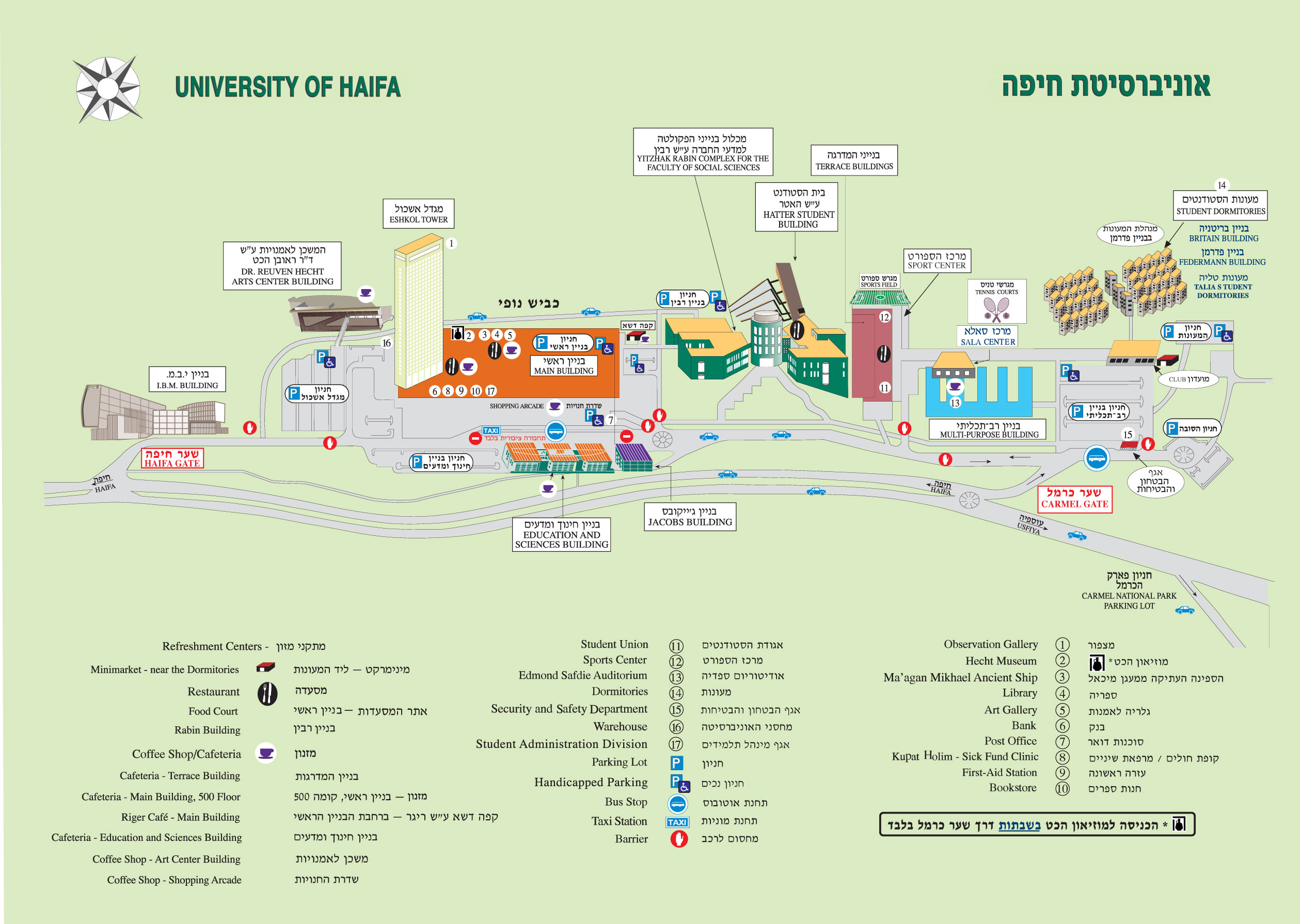The next Haifa Conference on Mediterranean Research will be dedicated to the topic of 'The History of the Mediterranean'. The timing has been designed to align with the official initiation of the Haifa Centre for Mediterranean History (HCMH), bound to take place in November 2016. The main goal of the conference is to determine the methodological starting point for the activity of the HCMH.

The Haifa Conference was established four years ago by the University of Haifa and the Municipality of Haifa, and its main aim is to highlight current issues related to Mediterranean research, bring these issues to the attention of the wider community of researchers in Israel and abroad, and provoke respective leading-edge discussion. During the last decade, the University of Haifa has taken the leading role in Mediterranean research in Israel, not least as a result of the foundation of the Charney School for Marine Sciences (CSMS), which serves as the superior coordinating authority of the Haifa Conference.
Always seeking to highlight the most significant recent developments in Mediterranean research in Haifa and Israel, the CSMS organising committee has recently decided to dedicate the next Haifa Conference to the topic of ‘The History of the Mediterranean.’ The timing has been designed to align with the official initiation of the Haifa Centre for Mediterranean History (HCMH), which has been announced in Summer 2015, and is bound to take place in November 2016.
The main goal of the HCMH is to turn the University of Haifa into a significant, internationally recognised centre for the study of the pre-modern Mediterranean. Based on generous private support, it plans to enhance and re-focus scholarship in Haifa, securely setting it within the vibrant international networks of Mediterranean historical research. The Mediterranean has been the subject of, and backdrop to, heated and sophisticated historical work since the early twentieth century. Studying the Mediterranean has enabled abstract reasoning over time-cycles, climate, regionality, and movement, to name but a few central themes. On-going discussion has been spurred recently by various attempts at a synthetic historiographical view, such as Horden and Purcell’s The Corrupting Sea (2000), Abulafia’s The Great Sea (2011), and Broodbank’s The Making of the Middle Sea (2013). The Haifa Centre for Mediterranean History aims to draw the research community of Haifa and Israel more broadly into this generalist discourse and to make substantial contributions to it.
As the initiators and heads of the HCMH, we recognise great potential in launching the various activities of the Centre with a large-scope international conference. The venue of the Haifa Conference promises sufficient resonance and resources for bringing to Haifa both leading researchers, and interested audience from within Israeli academia. While the former will find in the conference an opportunity to discuss the state of the field with colleagues from a variety of perspectives and disciplines, the latter – often engaged in the research of various aspects of ‘History in the Mediterranean’ – will be exposed to more generalising approaches, and to paradigms relating to the ‘History of the Mediterranean’. These, in essence, are the two main goals of the conference: to determine the methodological starting point for the activity of the HCMH; and to stir interest within an academic milieu so far mostly little concerned with general Mediterranean issues.

























 Secretary of State for the Sea of Portugal
Secretary of State for the Sea of Portugal Head of the Mediterranean Sea Research Center of Israel, Founding Director of the Leon H. Charney School of Marine Sciences at the University of Haifa
Head of the Mediterranean Sea Research Center of Israel, Founding Director of the Leon H. Charney School of Marine Sciences at the University of Haifa The Scripps Institution of Oceanography
The Scripps Institution of Oceanography Faculty of Architecture and Town Planning, Technion, Israel Institute of Technology
Faculty of Architecture and Town Planning, Technion, Israel Institute of Technology Head of the Chaikin Chair of Geostrategy, University of Haifa
Head of the Chaikin Chair of Geostrategy, University of Haifa
 Vice Director, Oceanography Center University of Cyprus
Vice Director, Oceanography Center University of Cyprus Naval Architect - Managing Director DW-ShipConsult Ltd.
Naval Architect - Managing Director DW-ShipConsult Ltd. Marine Biogeochemist, chemistry department at the Israeli National Institute of Oceanographical and Limnological Research in Haifa, Israel.
Marine Biogeochemist, chemistry department at the Israeli National Institute of Oceanographical and Limnological Research in Haifa, Israel.  CEO of "Zalul"
CEO of "Zalul"